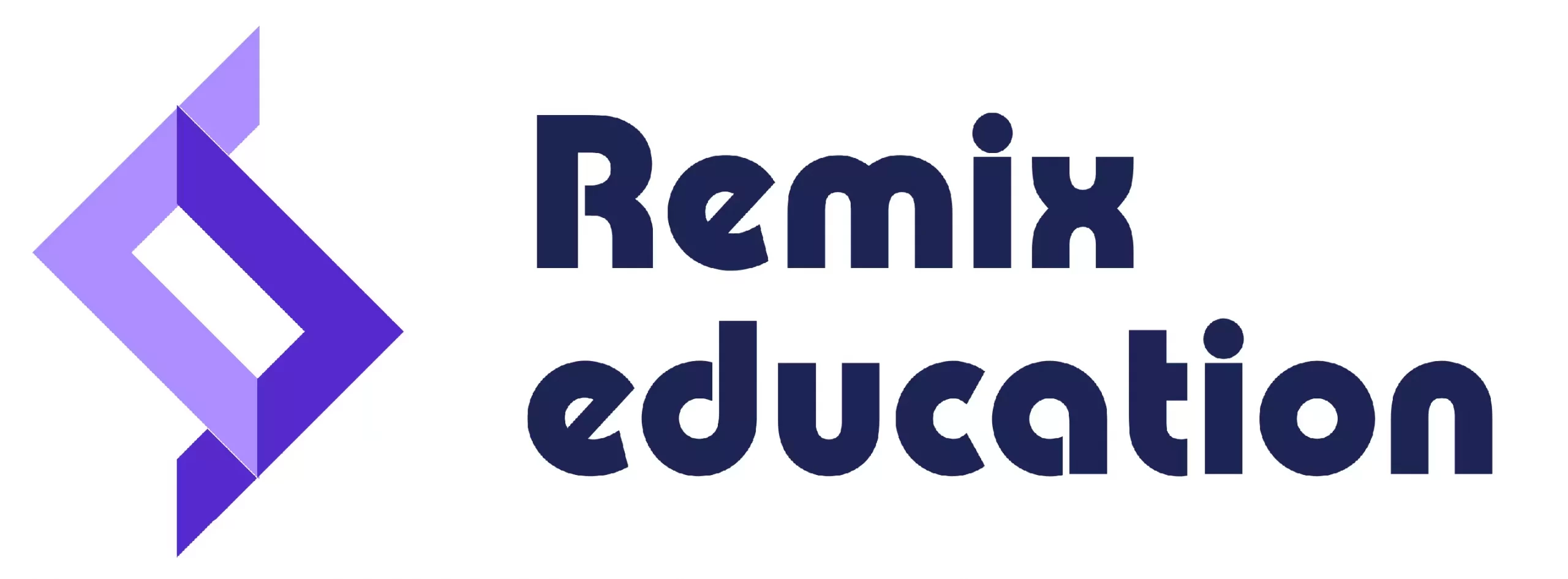Diuretic Drugs MCQs
1. Reabsorption of which substance is inhibited by most diuretics and causes diuresis?
a. Magnesium.
b. Potassium.
c. Sodium.
d. Calcium.
2. Which natriuretic drug prevents hypokalemia?
a. Torsemide.
b. Furosemide.
c. Chlorothiazide.
d. Spironolactone.
3. The site of action for spironolactone is in which portion of the nephron?
a. Proximal tubule.
b. Cortical collecting duct.
c. Ascending loop of Henle.
d. Descending loop of Henle.
4. When K+ sparing diuretics are administered in combination with other natriuretics
a. hyperkalemia is the result.
b. hypokalemia is produced.
c. the inhibition of K+ excretion is significantly increased.
d. each of the diuretic drugs cancels out the diuretic effect of the other and no diuretic effects are produced.
5. Thiazide diuretics increase the reabsorption of which ion?
a. K+.
b. Cl−.
c. Na+.
d. Ca++.
6. Which is NOT a long-term effect of thiazide diuretics?
a. Vasoconstriction.
b. Decreased blood pressure.
c. Increased excretion of K+.
d. Increased reabsorption of Ca++.
7. The antihypertensive dose of hydrochlorothiazide should not exceed
a. 25 mg/day.
b. 40 mg/day.
c. 55 mg/day.
d. 70 mg/day.
8. Which percentage of Na+ is reabsorbed in the thick ascending loop of Henle (TALH)?
a. 1% to 5%.
b. 6% to 10%.
c. 20% to 25%.
d. 65% to 70%.
9. Which diuretic is used to treat glaucoma by reducing intraocular pressure?
a. Mannitol.
b. Conivaptan.
c. Acetazolamide.
d. Ethacrynic acid.
10. Each is an effect of conivaptan, EXCEPT
a. increased urine volume.
b. increased water excretion.
c. decreased urine osmolality.
d. decreased plasma osmolality.
